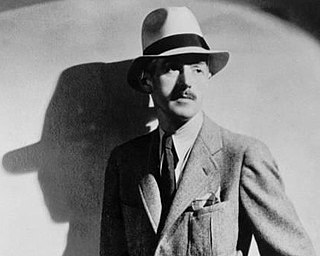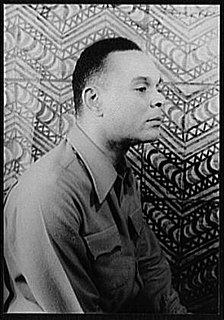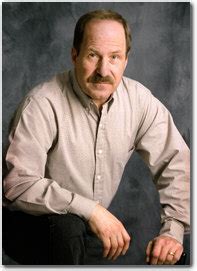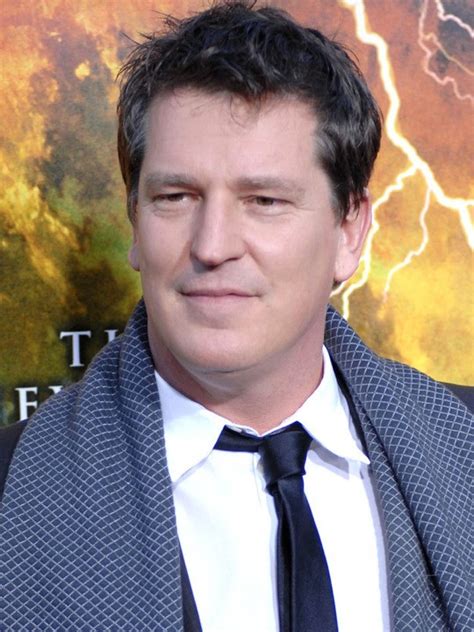A Quote by Carl Jung
The cinema, like the detective story, makes it possible to experience without danger all the excitement, passion and desirousness which must be repressed in a humanitarian ordering of life.
Related Quotes
What I try to do is write a story about a detective rather than a detective story. Keeping the reader fooled until the last, possible moment is a good trick and I usually try to play it, but I can't attach more than secondary importance to it. The puzzle isn't so interesting to me as the behavior of the detective attacking it.
Why do people go to the cinema? What takes them into a darkened room where, for two hours, they watch the play of shadows on a sheet? The search for entertainment? The need for a kind of drug? ..I think that what a person normally goes to the cinema for is time: for time lost or spent or not yet had. He goes there for living experience; for cinema, like no other art, widens, enhances and concentrates a person’s experience-and not only enhances it but makes it longer, significantly longer. That is the power of cinema: ‘stars’, story-lines and entertainment have nothing to do with it.
I often use detective elements in my books. I love detective novels. But I also think science fiction and detective stories are very close and friendly genres, which shows in the books by Isaac Asimov, John Brunner, and Glen Cook. However, whilst even a tiny drop of science fiction may harm a detective story, a little detective element benefits science fiction. Such a strange puzzle.
I think the detective story is by far the best upholder of the democratic doctrine in literature. I mean, there couldn't have been detective stories until there were democracies, because the very foundation of the detective story is the thesis that if you're guilty you'll get it in the neck and if you're innocent you can't possibly be harmed. No matter who you are.
Whilst I may not actually help anyone to retaliate, I must not let a coward seek shelter behind nonviolence so-called. Not knowing the stuff of which nonviolence is made, many have honestly believed that running away from danger every time was a virtue compared to offering resistance, especially when it was fraught with danger to one's life. As a teacher of nonviolence I must, so far as it is possible for me, guard against such an unmanly belief.
In general, it can be said that no contemplative life is possible without ascetic self-discipline. One must learn to survive without the habit-forming luxuries which get such a hold on men today. I do not say that to be a contemplative one absolutely has to go without smoking or without alcohol, but certainly one must be able to use these things without being dominated by an uncontrolled need for them.
The average detective story is probably no worse than the average novel, but you never see the average novel. It doesn't get published. The average -- or only slightly above average -- detective story does.... Whereas the good novel is not at all the same kind of book as the bad novel. It is about entirely different things. But the good detective story and the bad detective story are about exactly the same things, and they are about them in very much the same way.
An actor must interpret life, and in order to do so must be willing to accept all the experiences life has to offer. In fact, he must seek out more of life than life puts at his feet. In the short span of his lifetime, an actor must learn all there is to know, experience all there is to experience, or approach that state as closely as possible. He must be superhuman in his efforts to store away in the core of his subconscious everything that he might be called upon to use in the expression of his art.
MORE CONSISTENTLY THAN EVER I WAS TRYING TO MAKE PEOPLE BELIEVE THAT CINEMA AS AN INSTRUMENT OF ART HAS ITS OWN POSSIBILITIES WHICH ARE EQUAL TO THOSE OF PROSE. I WANTED TO DEMONSTRATE HOW CINEMA IS ABLE TO OBSERVE LIFE, WITHOUT INTERFERING, CRUDELY OR OBVIOUSLY, WITH ITS CONTINUITY. FOR THAT IS WHERE I SEE THE POETIC ESSENCE OF CINEMA.




































